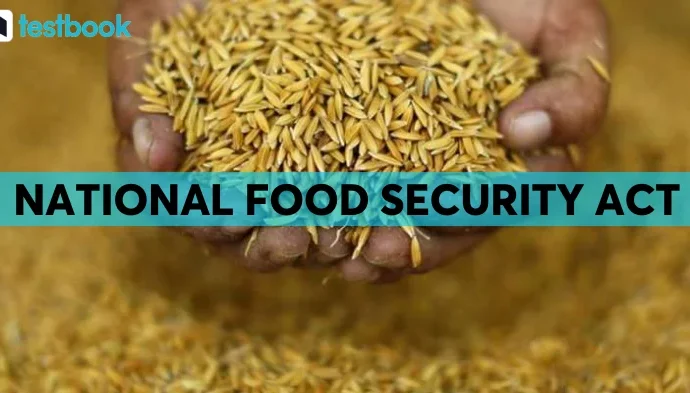Report
The National Food Security Act (NFSA) of 2013 has made a significant impact on reducing child stunting in India. A recent study published in the American Economic Association’s Applied Economics journal shows how the expanded distribution of food grains has improved the nutrition of children, particularly in vulnerable regions.
Study Overview
The study, conducted by Aditya Shrinivas from IIM Bangalore in collaboration with professors from the University of California and the University of Calgary, analyzed the effects of NFSA on child stunting and nutrition. Researchers evaluated the impact of food distribution via the Public Distribution System (PDS) in eight states, covering approximately 41% of India’s population.
Key Findings
The study revealed that NFSA food transfers increased daily wages and overall household income, boosting the well-being of impoverished families. These households, which rely on labour as a primary income source, also experienced improved dietary diversity, with a notable increase in the consumption of nutrient-rich foods.
Reducing Stunting
By standardizing food entitlements, the NFSA ensured that each individual received 5 kg of staple grains monthly at subsidized rates. This change led to better nutrition, especially for children aged 0-2 years. The study highlights how the reduction in spending on staple foods allowed families to allocate more towards animal proteins and other nutritious options, leading to a significant reduction in stunting rates.
Climate Resilience
The research also shows that NFSA food transfers help vulnerable families cope with local climate challenges, such as droughts and insufficient rainfall. The PDS acts as a safety net, reducing stunting by up to 7 percentage points during years of negative rainfall shocks, and by 3.2 percentage points in years of positive rainfall shocks.
Conclusion: Strengthening India’s Food Security System
The findings of this study confirm that the NFSA’s expansion of the PDS has played a critical role in improving food security and reducing child stunting in India. Despite criticisms of the PDS, the research demonstrates that the program’s growth under the NFSA has successfully reached the most vulnerable households, improving both food security and nutrition outcomes.
Source: The Times of India
 Food Manifest
Food Manifest 


















